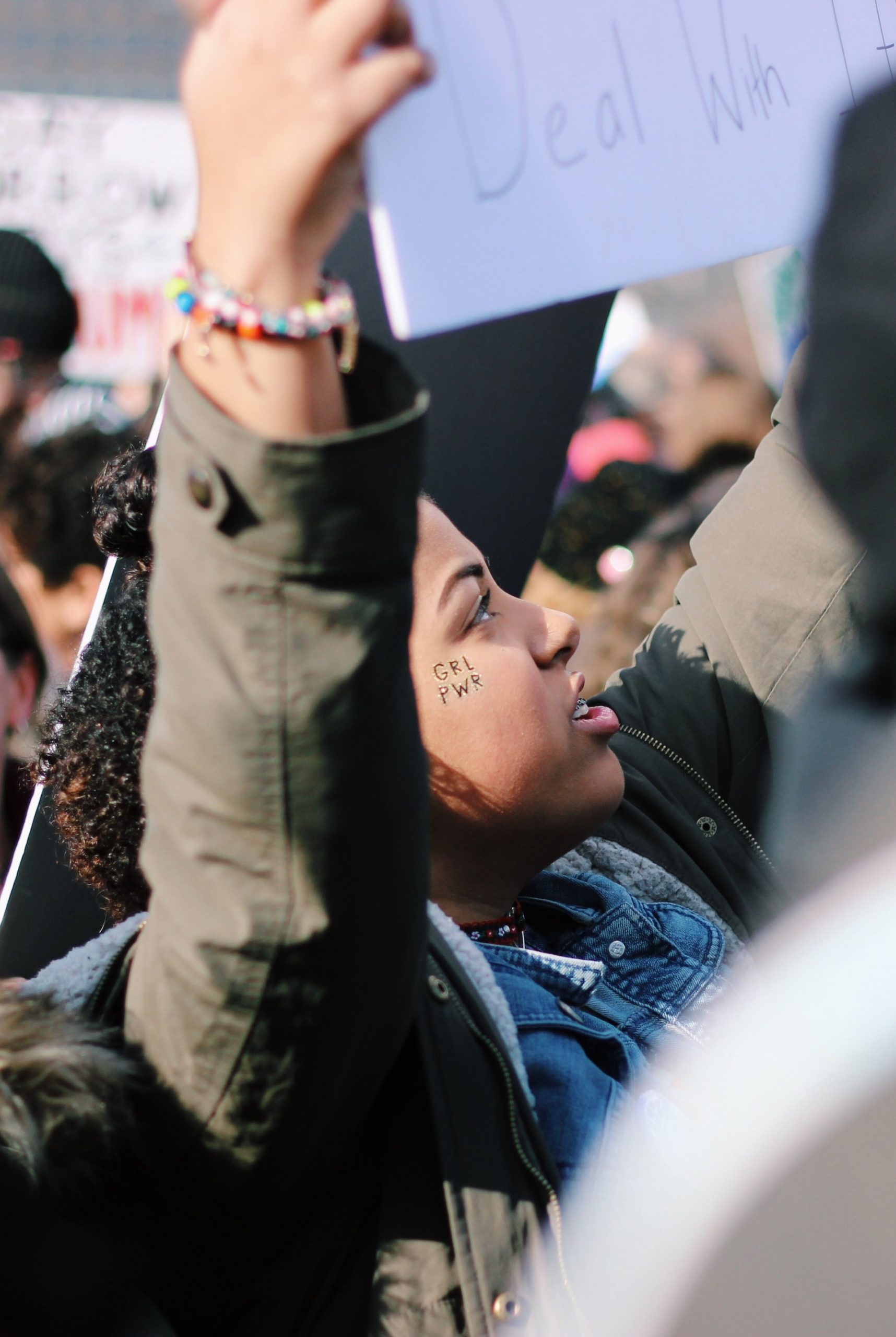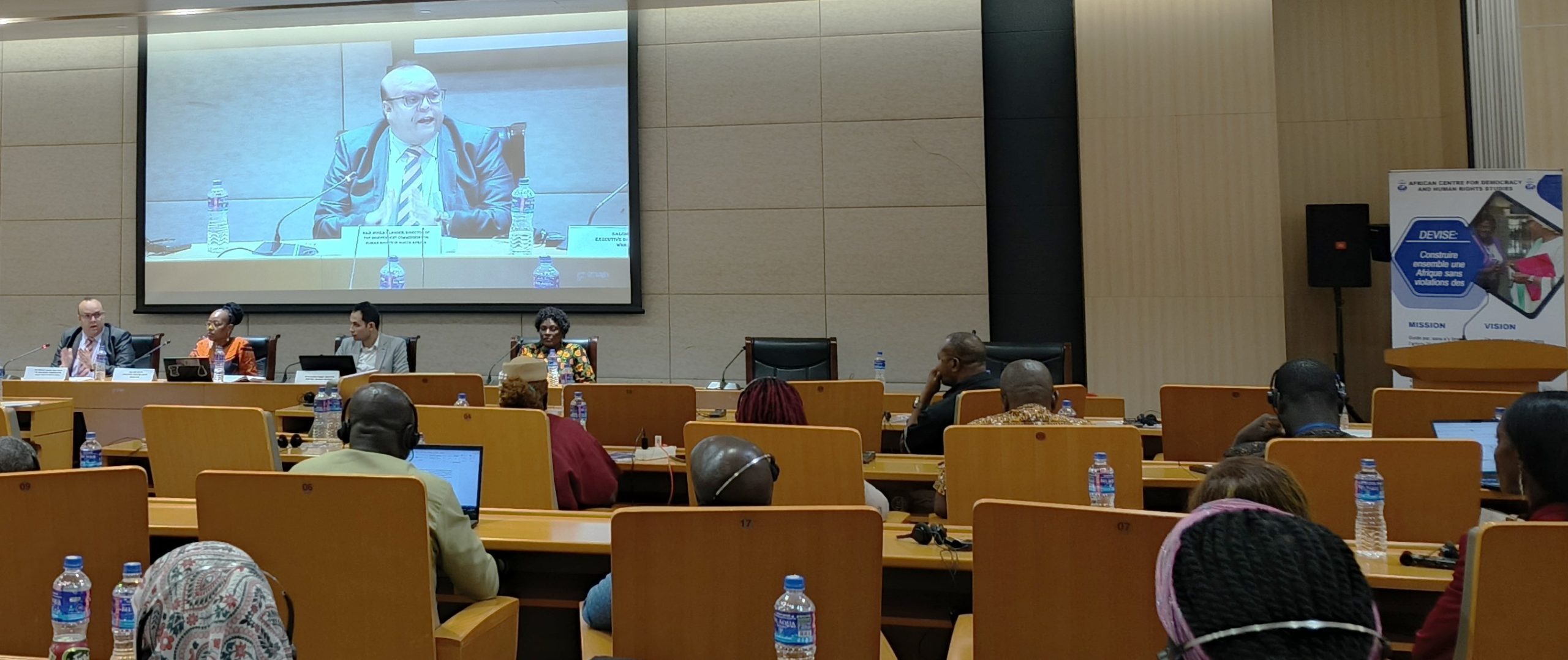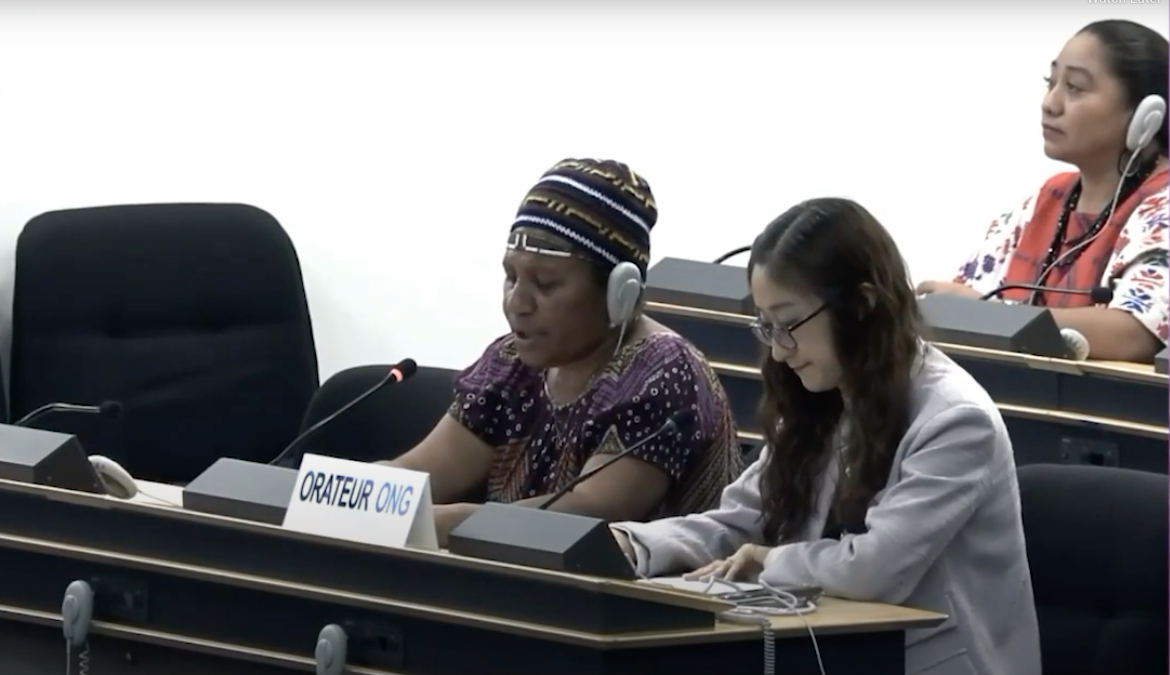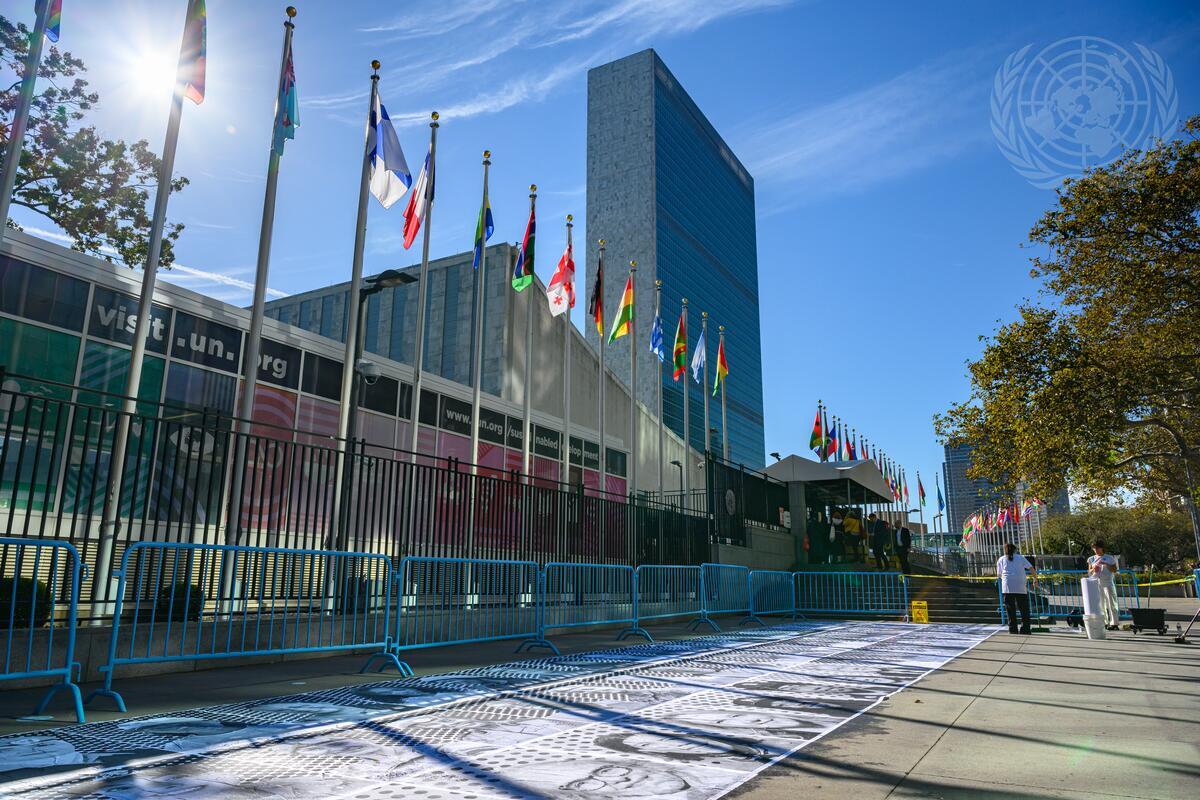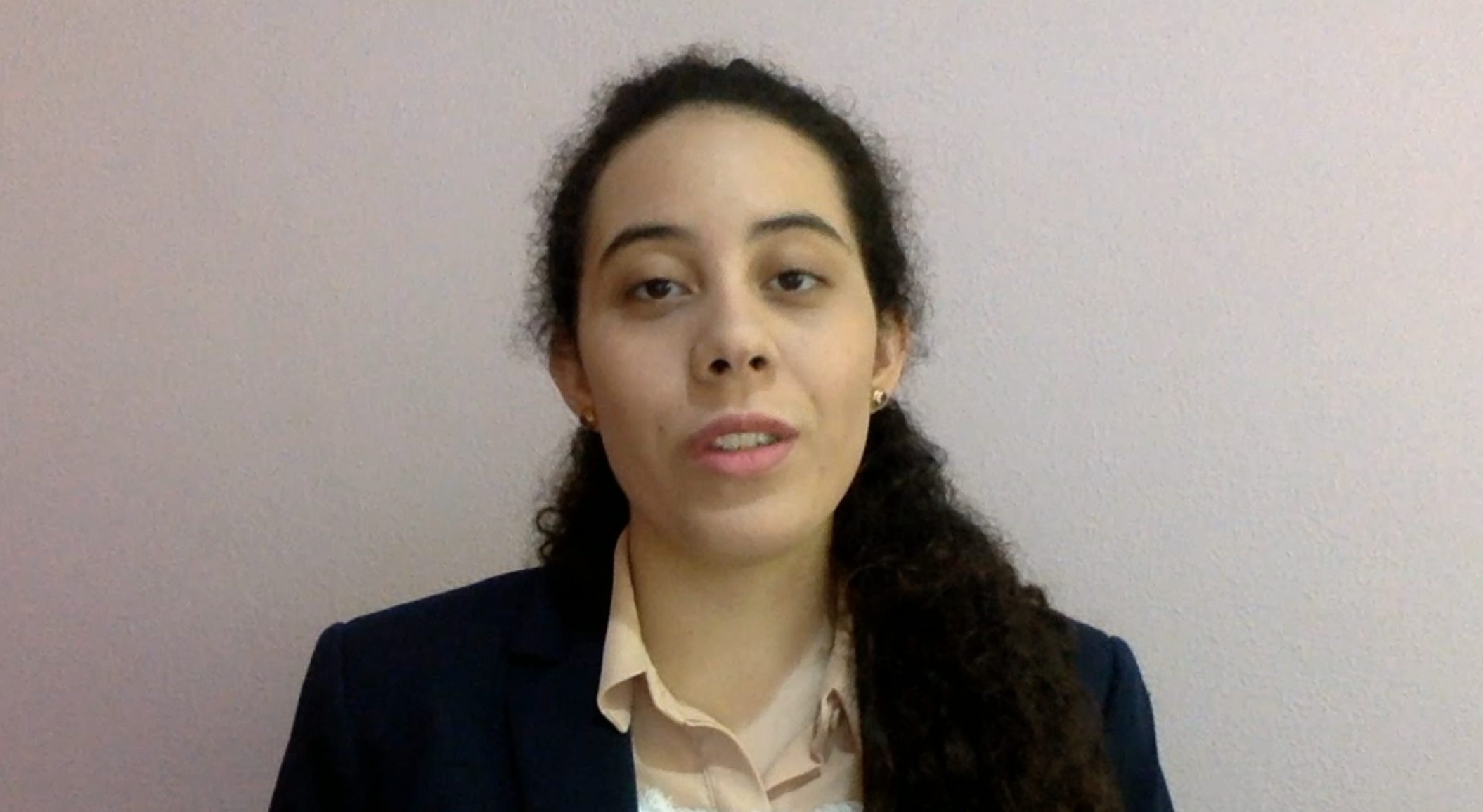They have effectively challenged discrimination, patriarchy and entrenched privilege. They are behind the establishment of many of the rights we now exercise day to day without questioning them, such as women’s suffrage.
Women human rights defenders (WHRDs) are women who promote or protect human rights, and people of all genders who engage in the defense of women’s rights and rights related to gender and sexuality. Working to protect women’s rights and promote gender equality and justice includes – among other things – promoting the education of women and girls, including comprehensive sexuality education; combating sexual harassment, violence and negative stereotypes; working in peace processes in conflict and post-conflict situations; promoting women’s participation in political processes. ISHR takes a broad, inclusive and feminist approach on WHRDs, and views the work of WHRDs as fundamentally countering patriarchy and heteronormativity, and thus includes all those working in the areas of bodily autonomy and bodily integrity including trans persons and persons who do not identify with binary genders.
WHRDs face multiple and intersecting forms of discrimination and violence both because of the work they do and because of who they are. This includes, in particular WHRDs who are part of historically oppressed groups such as: racial, ethnic, religious, and other minorities. WHRDs face unique challenges, driven by deep-rooted discrimination against women and stereotypes related to gender and sexuality. In addition to the risks of threats, attacks and violence faced by all defenders, WHRDs are exposed to specific risks. Those working on rights contested by fundamentalist groups such as sexual and reproductive health and rights and those denouncing the actions of extractive industries and businesses are at heightened risk of attacks and violence. WHRDs often face abuses perpetrated by non-State actors including members of their own family, community and faith-based groups, non-State armed groups, private security companies, corporations, and organised crime, among others.
ISHR supports WHRDs
ISHR stands with WHRDs in their work, providing intensive training and advocacy support, lobbying to ensure that the role and protection needs of women human rights defenders are reflected in international resolutions and standards, and working with women’s rights activists and groups to promote the effective implementation of these resolutions and standards on the ground. ISHR works as part of feminist movements for change, such as the Women Human Rights Defenders International Coalition.


